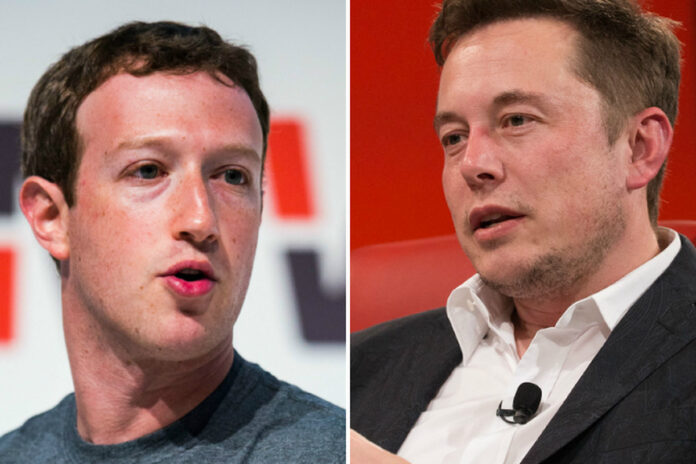Meta CEO, Mark Zuckerberg has given his take on the recent transformation of X (formerly Twitter), and how the Tesla CEO, Elon Musk has done some ‘slow change’ on the micro-blogging platform.
Over the years, Facebook’s Mark Zuckerberg tried to acquire Twitter not once but twice, through official channels and via co-founder Jack Dorsey.
In a recent interview by Decoder, as seen by ANN, Zuckerberg gives his take on why he tried to buy Twitter:
“Yeah, we had conversations. I think this was, gosh, this was, I think, when Jack was leaving the first time. And look, I get it. I mean, different entrepreneurs have different goals for what they want to do, and some people want to run their companies independently, and that’s cool.
“It’s good that there’s sort of a diversity of different outcomes. But I guess Twitter was sort of plodding along for a while before Elon came, and I think the rate of change in the product was pretty slow, right? So it just didn’t seem like they were on the trajectory that would maximize their potential, and then with Elon coming in, I think there was certainly an opportunity to change things up, and he has, right?
“I mean, he’s definitely a change agent, right? I think it’s still not clear exactly what trajectory it’s on, but I do think he’s been pretty polarizing, so I think that the chance that it sort of reaches the full potential on the trajectory that it’s on is… I don’t know. I guess I’m probably less optimistic or just think there’s less of a chance now than there was before.
“But I guess just watching all this play out, it just kind of reminded me and rekindled the sense that someone should build a version of this that can be more ubiquitous. And, you know, I look at some of the things around it… I think these days people just want… Well, let’s put it this way. A lot of the conversation around social media is around information and the utility aspect, but I think an equally important part of designing any product is how it makes you feel, right? What’s the kind of emotional charge of it, and how do you come away from that feeling?
“I think Instagram is generally kind of on the happier end of the spectrum. I think Facebook is sort of in the middle because it has happier moments, but then it also has sort of harder news and things like that that I think tend to just be more critical and maybe, you know, make people see some of the negative things that are going on in the world. And I think Twitter indexes very strongly on just being quite negative and critical.
“I think that that’s sort of the design. It’s not that the designers wanted to make people feel bad. I think they wanted to have a maximum kind of intense debate, right? Which I think that sort of creates a certain emotional feeling and load. I always just thought you could create a discussion experience that wasn’t quite so negative or toxic. I think in doing so, it would actually be more accessible to a lot of people. I think a lot of people just don’t want to use an app where they come away feeling bad all the time, right? I think that there’s a certain set of people who will either tolerate that because it’s their job to get that access to information or they’re just warriors in that way and want to be a part of that kind of intellectual combat.
“But I don’t think that that’s the ubiquitous thing, right? I think the ubiquitous thing is people want to get fresh information. I think there’s a place for text-based, right? Even when the world is moving toward richer and richer forms of sharing and consumption, text isn’t going away. It’s still going to be a big thing, but I think how people feel is really important.
“So that’s been a big part of how we’ve tried to emphasize and develop Threads. And, you know, over time, if you want it to be ubiquitous, you obviously want to be welcome to everyone. But I think how you seed the networks and the culture that you create there, I think, ends up being pretty important for how they scale over time.
“Where with Facebook, we started with this real name culture, and it was grounded to your college email address. You know, it obviously hasn’t been grounded to your college email address for a very long time, but I think the kind of real authentic identity aspect of Facebook has continued and continues to be an important part of it.
“So I think how we set the culture for Threads early on in terms of being a more positive, friendly place for discussion will hopefully be one of the defining elements for the next decade as we scale it out. We obviously have a lot of work to do, but I’d say it’s off to quite a good start. Obviously, there’s the huge spike, and then, you know, not everyone who tried it out originally is going to stick around immediately. But I mean, the monthly active’s and weekly’s, I don’t think we’re sharing stats on it yet.”
THE VERGE





